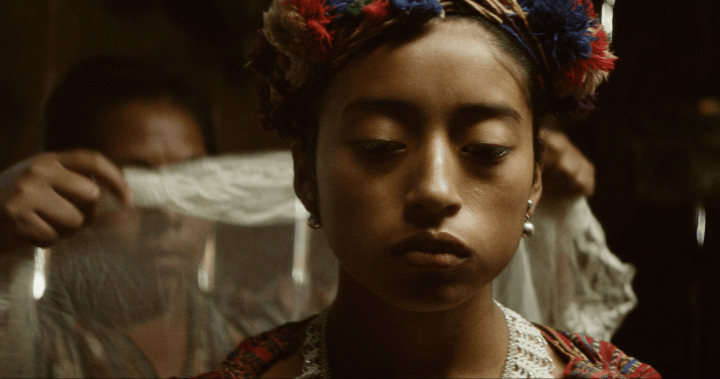Here are the 13 Latin American Films in the Running for Best Foreign Language Film Oscar

'Ixcanul'
Like any awards show, the Oscars are really just a long, drawn out ritual of Hollywood self-congratulation punctuated by a few entertaining skits, surprise wins, and rousing speeches. But like Christmas, the real charm of the Academy Awards is in Oscar season: that five-month stretch of middle-brow world premieres accompanied by an endless litany of chatter from cinematic soothsayers speculating about the prospects of films they may or may not have seen yet. And as of mid-November, we’re right in the thick of it.
For fans of world cinema, though, there is one little pre-Oscars treat that has been holding us over in the grueling stretch between December and the Academy Awards ceremony in February since 2006: the Foreign Language shortlist. Published around year’s end, the short list consists of nine titles voted as semi-finalists in the running for Best Foreign Language Film, which are then passed on to a thirty-member committee to reach the final five nominees.
Unlike every other Oscar category, the films under consideration for Best Foreign Language Film are actually preselected by the countries they represent, and the award is technically granted to the country and not the film’s director or producer. It’s a quirk that has left Oscar powerhouses like Italian auteur Federico Fellini without a single statuette to his name (save an honorary Lifetime Achievement Award), even though his films have picked up four Oscars in the category. But luckily, over the last few years, the Academy has been gracious enough to engrave the director’s name on the statue alongside the winning country.
As for the shortlist, since its inception, it has been a mixed bag for Latin American cinema, but with a number of strong contenders this year –including rare submissions from smaller industries like Guatemala, Costa Rica, and Paraguay – there’s a good chance Nuestra América will have some solid representation on the coveted list, and maybe even go the distance in February. Many of the films being considered have already swept awards ceremonies at important festivals like Berlin, Cannes, and Toronto, so their pedigree is certainly not in question. Now it’s just up to the members of the Academy of Motion Picture Arts and Sciences, with all their human biases and shortcomings, to decide how far Latin America will go this time around.
Here’s a list of the films under consideration.
Nominations for the 88th Academy Awards are announced on January 14, 2016. Oscar awards are handed out on February 28, 2016.